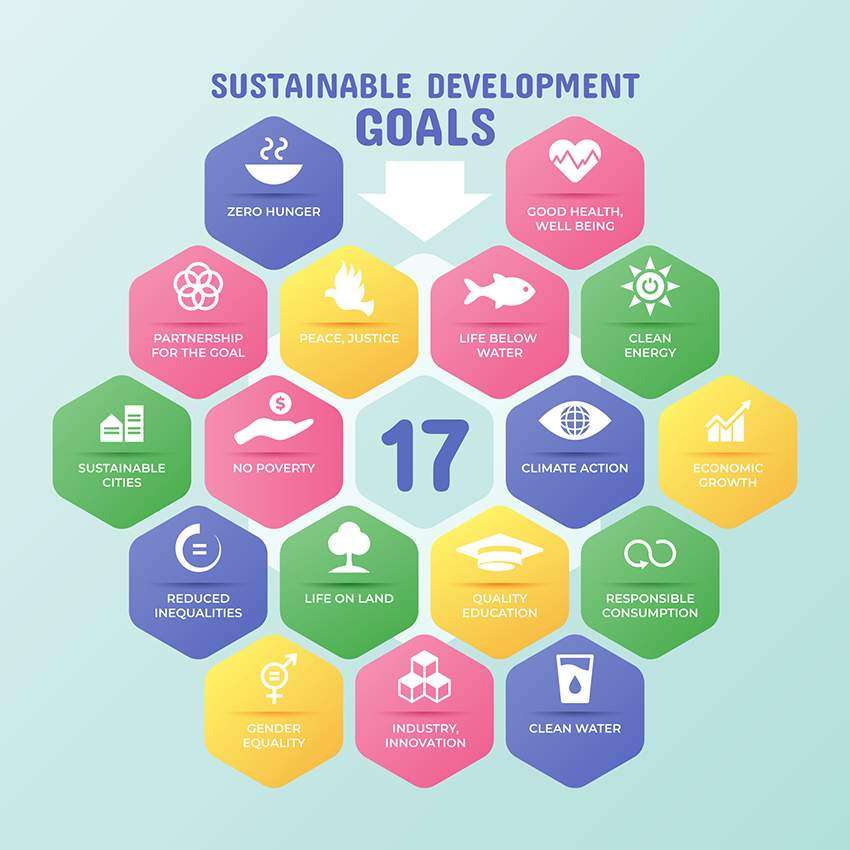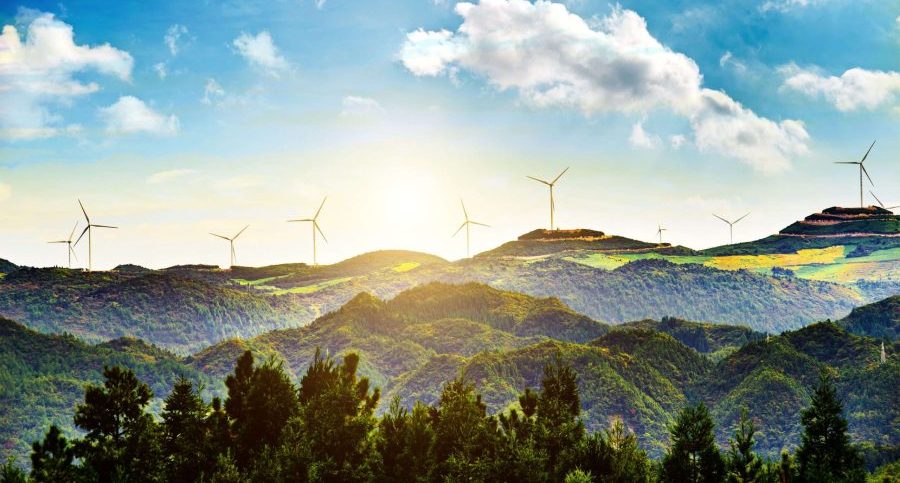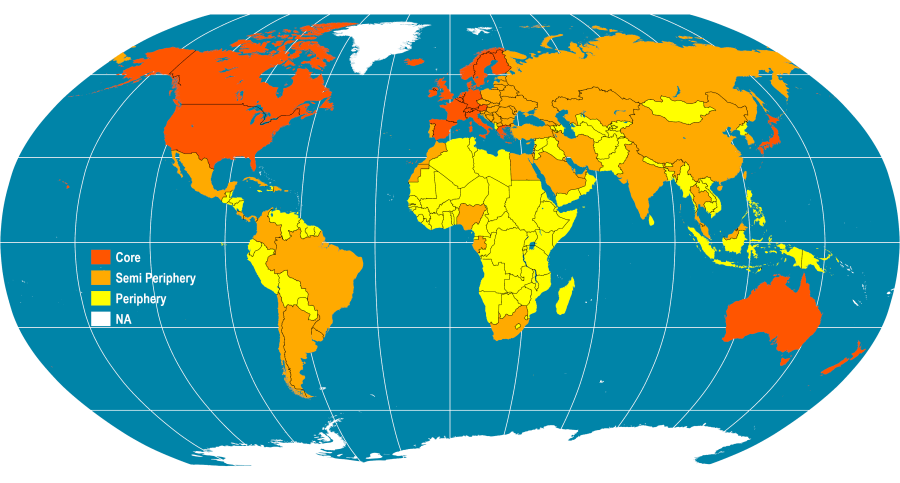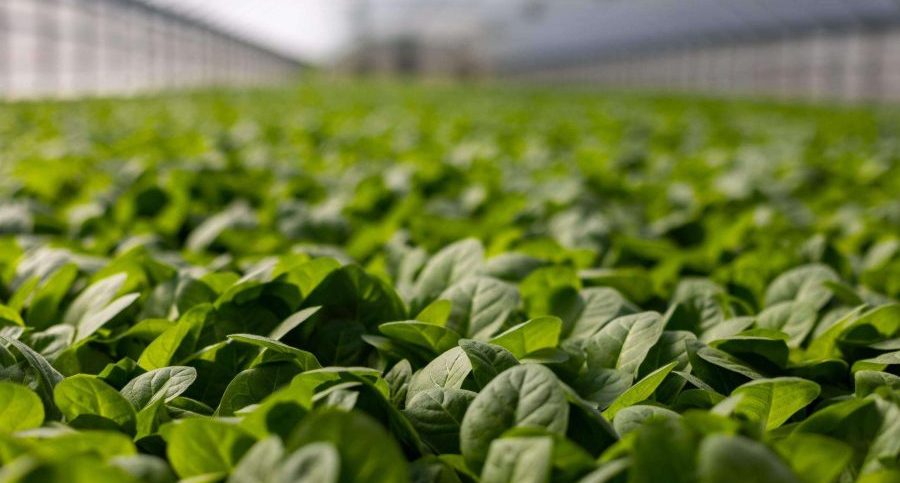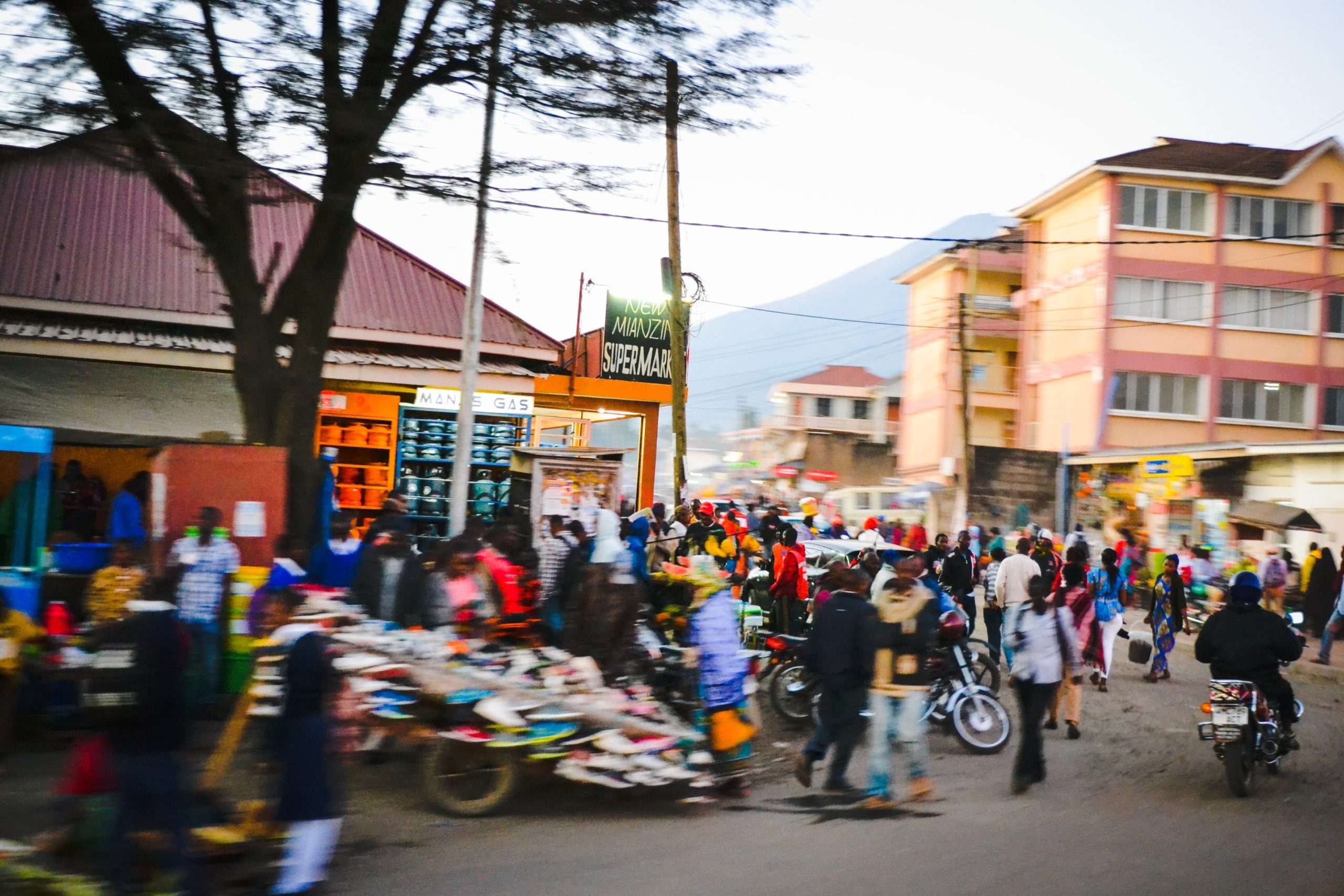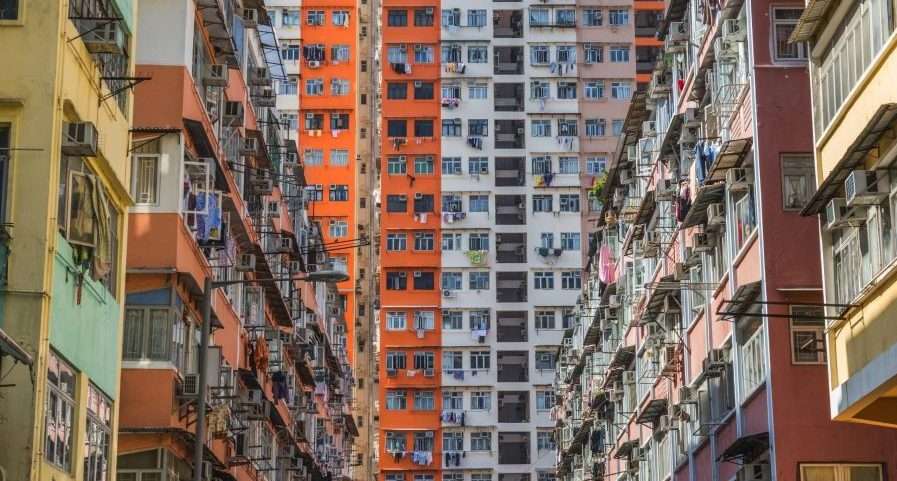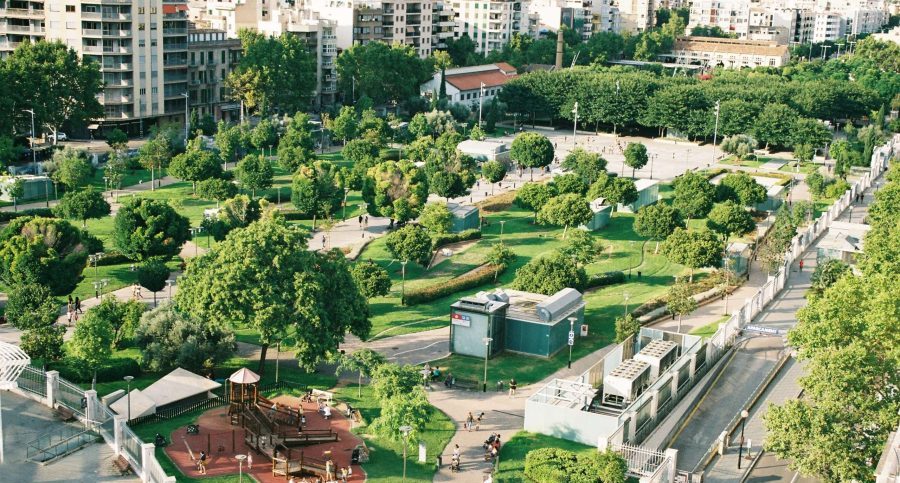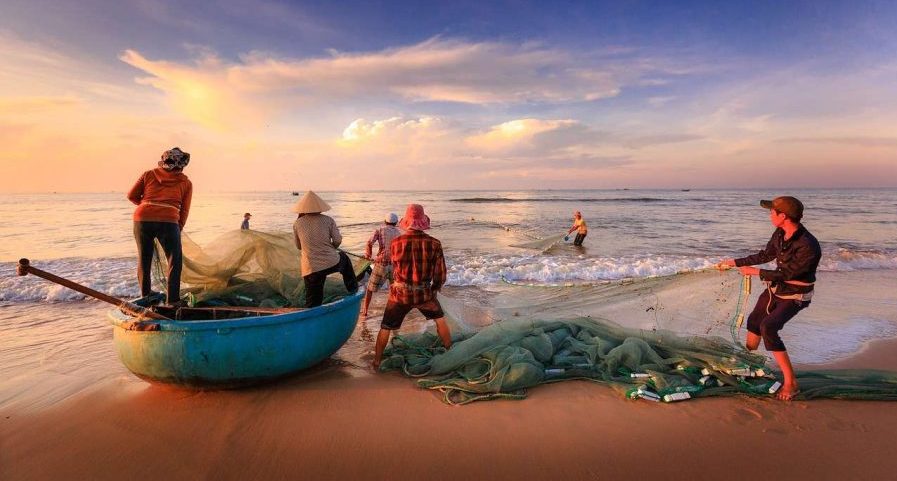Juvenile Crime Prevention: Shortening The Gap
Australia’s juvenile crime prevention has been a subject of debate for many years. According to the Australian Institute of Criminology, the rate of youth offenders (aged 10-17 years), specifically in illicit drug offences, has been steadily decreasing since 2008. However, it still remains high compared to other age groups (Australian Bureau of Statistics, 2023). In […]
Juvenile Crime Prevention: Shortening The Gap Read Post »
Health, Human Rights, Lifestyle, Society


















